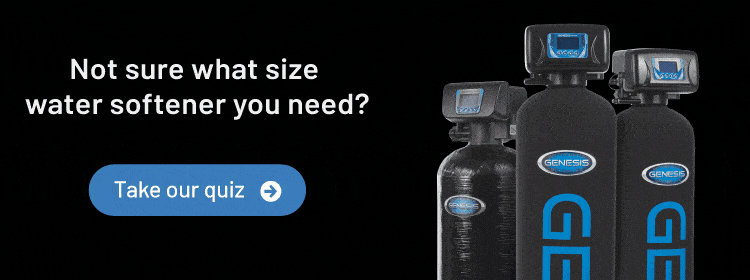Home Water Softener Pros and Cons
Posted by Discount Water Softeners on Dec 11th 2018
Best Home Water Softener Systems
Homeowners may notice something is not quite right with their water when they have white spots, scaling and even some orange around fixtures and the toilet bowl. There’s a good chance a high mineral content, known as hard water, is the problem. Simple home water testing can confirm this by getting the hardness number in GPG (grains per gallon), ppm (parts per million) or mg/L (milligrams per liter). A test kit can be purchased for a nominal price at any home improvement store, or city water customers can pick up the phone and call the water treatment facility and ask for their hardness number or range of numbers. Once a water test kit reveals that a home has hard water, it’s up to the homeowner to decide what they want to do about it.
City water users can obtain a free hard water test strip with Discount Water Softeners, but it's still a good idea to call the city and ask for the hardness number or range. Most water treatment facilities get resident's water from different sources, so the hardness changes throughout the year. Well water customers can purchase a private well water test strip kit for a nominal fee.
Before investing in a home water softener, it’s important to understand the differences between salt-based water softeners and salt-free softeners.
Salt-based softeners remove calcium and magnesium through a process called ion exchange. This is the only true way to remove the minerals that cause hard water. Water hardness is measured in grains of hardness per gallon of water. Test results after using a salt-based softener will show the hardness grains per gallon as zero.
With salt-free softeners, the term “softening” can be misleading. In reality, salt-free systems are conditioning the water, not softening it. Water tested after using a salt-free softener will show the same amount of hardness present as it showed before conditioning. This process doesn’t remove hardness.
Instead of removing hardness minerals, a salt-free softener, or conditioner, attempts to change the chemical structure of the minerals. This prevents deposits from sticking to surfaces like inside pipes or faucets. A salt-free softener can help reduce the buildup of scale in piping and fixtures, but any appliance where water is stagnant, such as a water heater, a no-salt system is much less effective than a traditional salt-based softener.
The Role of Softeners in Daily Life
Softeners play an essential role in perfectly balanced water. While it’s true that a home water softener system requires the use of salt for regeneration, it’s a myth that homeowners end up drinking salty water. In fact, the amount of sodium in an average cup of softened drinking water is about 1% of the recommended daily allowance.
With the minimal amount of sodium transferred into a home’s water supply, homeowners don’t need to worry about any negative impacts on their family’s health.

Which system makes the most sense in a home? This depends on whether scale build-up, high soap and detergent usage, dry skin, or dingy clothing is an issue for the homeowner.
Salt-free softeners may offer a reduction of scale build-up, but if the goal is to remove all damaging hard water deposits, a salt-based home water softener that uses salt for regeneration is the only option.
Will a Softener Remove “Good” Minerals?
Occasionally, homeowners will put off solving hard water troubles because of health concerns associated with softened water. Will installing a home water softener systems rob families of essential minerals that a salt-based system removes? After all, it’s a well-known fact that the body receives certain health benefits, like strong bones and a healthy heart, when the proper amount of magnesium and calcium is added into a diet.
But the truth is that the minerals found in hard water are not the same as those obtained from food or vitamin supplements. The magnesium and calcium found in hard water are inorganic minerals—and aren’t as easily absorbed into the body, so they won’t provide the same health advantages.
Families can rest assured that a strong immune system and bone health doesn’t mean having to drink unpleasant tasting water. The best way to receive the benefits of calcium and magnesium is by eating nuts and leafy greens, drinking milk, or taking a daily vitamin. Softened water provides clean, healthful water for entire families.
Environmental Concerns
Yes, some salt-based home water softener systems waste water and salt during regeneration. Even the best home water softener systems need to regenerate the media to work economically. Fortunately, today’s technology offers high efficiency “intelligent” softeners that save money and energy by learning a home’s water softening requirements.
When it comes to the environmental impact these home water softeners only use the exact amount of salt and water needed for regeneration. Softened water also helps by cutting down on detergent, chemicals, and cleaning products, which reduces water pollution.
Receiving clean drinking water straight from the tap, the need for bottled water is virtually eliminated, reducing the severe effects plastic bottles have on overflowing landfills. Plastic water bottles can take over a thousand years to biodegrade; using a home water softener is a positive step toward solving the nation’s water and waste crises.
The Cost of Hard Water
Home water softener systems will require an initial investment, but softening a home’s water will put money right back into homeowners’ pockets. Installing home water softener systems extend the lifespan of water using appliances and ensure that they run as long and as efficiently as possible.
Appliances that run on hard water need to be replaced and repaired nearly twice as often as those operating on softened water. And 50% less detergent and soap is needed to clean clothes and dishes, which means cost savings across the board. Inefficient appliances drive up utility and energy costs, making the investment in the best home water softener systems an easy choice.
Home Water Woes - The Right Solution
Home water softener reviews show that a metered system with an upflow valve and a long warranty will offer the largest cost savings overall. Additionally, when weighing home water softener pros and cons, buyers should be aware that increased savings in salt and water usage is available with new technology.
A home water softening system that uses reverse flow regeneration and upflow brining calculates the exact amount of salt needed for regeneration. This type of high performing system will save up to 75% on salt and 64% on water usage.
Regeneration by on-demand control valves and adjustable cycles are available on models like the Genesis Premier and Revolution models. For larger households, a Genesis Revolution features a true 1” port making it a high flow and high-efficiency system.
The confidence that manufacturers have in this modern, reliable technology allows them to offer superior lifetime tank warranties as well as unsurpassed 7 to 10-year warranties on control valves. This gives homeowners exceptional protection from future repair and replacement costs. It’s clear that these products are built to last.
It’s easy to determine whether a home has hard water. It’s not as simple to decide which system to install but can make it easier by weighing the pros and cons. To get the most value out of a water treatment system consulting a trained water professional is often the best bet in finding top-quality hard water solutions.

